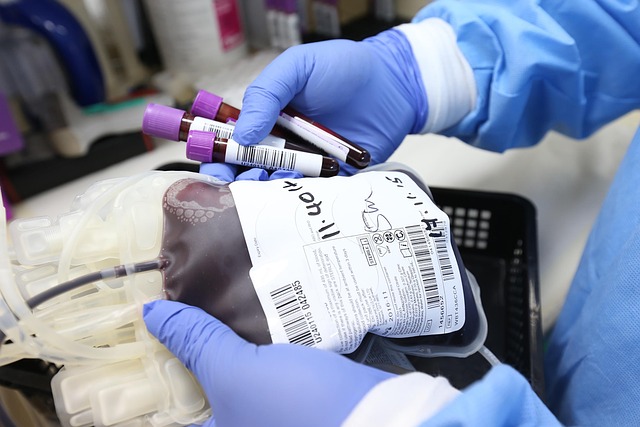Navigating Kidney Cancer Treatment: Warning Signs You Shouldn’t Overlook
Kidney cancer is a life-changing diagnosis that requires both medical precision and personal strength. Modern treatment options—ranging from surgery and targeted therapy to immunotherapy—have significantly improved outcomes. But no treatment journey is ever one-size-fits-all. Recognizing early signs that your current therapy might not be working, or that complications are developing, is critical. When caught early, these signs can guide important decisions, help adapt your treatment plan, and ultimately support better long-term health and well-being. Being aware is not about fear—it’s about taking control.

What Does Persistent Fatigue Tell Us During Treatment?
Fatigue during kidney cancer treatment can be more than just feeling tired. Persistent exhaustion that doesn’t improve with rest may indicate treatment-related complications or disease progression. Pay attention to fatigue that:
-
Interferes with daily activities
-
Worsens unexpectedly
-
Accompanies other symptoms like weakness or dizziness
-
Persists despite adequate rest
How Do Changes in Urination Signal Potential Complications?
Monitoring urination patterns is crucial during kidney cancer treatment. Notable changes that warrant medical attention include:
-
Increased frequency or urgency
-
Blood in urine (hematuria)
-
Changes in urine color or consistency
-
Pain or burning during urination
-
Decreased urine output
Why Is Weight and Appetite Monitoring Essential?
Unexpected weight changes and appetite fluctuations can provide important insights into treatment effectiveness and overall health status. Key indicators to track include:
-
Unintentional weight loss of 5% or more within six months
-
Significant changes in appetite
-
Difficulty maintaining proper nutrition
-
Unexpected weight gain not related to fluid retention
How Does Swelling Connect to Treatment Progress?
Fluid retention and swelling (edema) during kidney cancer treatment may indicate:
-
Kidney function changes
-
Treatment side effects
-
Potential complications requiring attention
-
Need for medication adjustments
Monitor swelling in legs, ankles, face, and hands, especially if it develops suddenly or worsens rapidly.
Understanding Mental Health Impact During Treatment
The psychological aspects of kidney cancer treatment deserve equal attention to physical symptoms. Watch for:
-
Persistent mood changes
-
Increasing anxiety or depression
-
Sleep disturbances
-
Difficulty concentrating
-
Changes in social interaction patterns
Managing Treatment Side Effects and Complications
Treatment monitoring typically involves regular checks of:
-
Blood pressure
-
Kidney function markers
-
Complete blood count
-
Liver function tests
-
Electrolyte levels
| Monitoring Type | Frequency | Key Indicators |
|---|---|---|
| Physical Exam | Every 3-6 months | Weight, blood pressure, edema |
| Blood Tests | Monthly or quarterly | Kidney function, CBC, electrolytes |
| Imaging | Every 3-12 months | Tumor size, metastasis |
| Mental Health | As needed | Mood, anxiety, depression |
Remember that successful treatment outcomes often depend on early recognition and response to warning signs. Maintain open communication with your healthcare team and report any new or worsening symptoms promptly.
This article is for informational purposes only and should not be considered medical advice. Please consult a qualified healthcare professional for personalized guidance and treatment.




